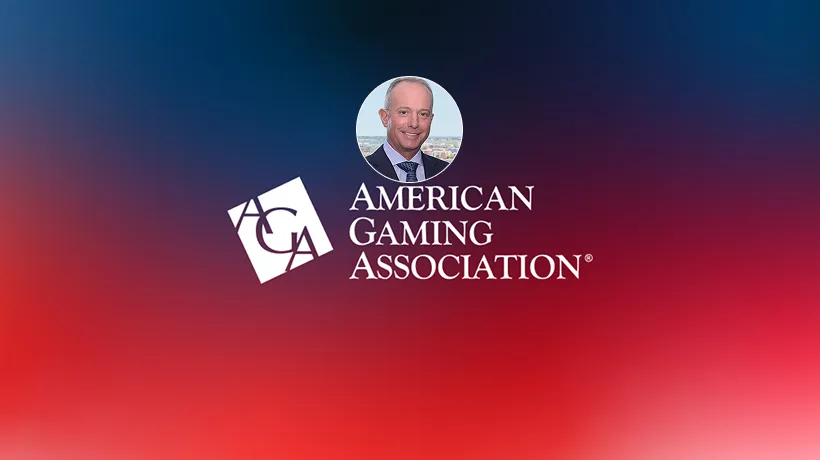The American Gaming Association picked Delaware North CEO Lou Jacobs as its next Chairman. He’ll start the job in January 2026 with a two-year term ahead of him.
Jacobs runs Delaware North’s operating companies. His work covers strategic planning, corporate oversight and financial management. The company operates retail casinos plus online sports betting and iGaming platforms.
He’s replacing Michael Rumbolz, who led the organisation since January 2024. Rumbolz previously held the Chairman and CEO positions at Everi Holdings before taking the AGA role.
Why This Leadership Change Matters Now
The timing isn’t random. DraftKings and FanDuel both quit their AGA memberships on November 18. They’re moving into prediction markets, which puts them at odds with the association’s stance on that business.
An AGA spokesperson confirmed the operators made that call themselves. The organisation didn’t push them out. But the split shows real tension about where the industry’s headed.
AGA President Bill Miller said Jacobs brings “tremendous experience across the gaming and hospitality ecosystem.” That background matters as the association deals with policy battles and internal disagreements about new market segments.
What Jacobs Brings to the Position
Jacobs already serves on the AGA board. So he knows how the organisation works and what fights it’s picking. His company touches multiple parts of the industry, from traditional casinos to online operations.
“It’s an honour to lead the AGA at such a dynamic time,” Jacobs said. He plans to work with Miller and the board to keep legal gaming competitive.
During Rumbolz’s time as Chairman, the AGA pushed through policy wins at federal and state levels. The organisation also worked on responsible gaming programs and fought illegal gambling operations.
Miller called Rumbolz’s leadership “invaluable” through a period of industry growth and change.
How the Industry Landscape is Shifting
The prediction markets issue won’t disappear once Jacobs takes over. The AGA opposes these platforms, but major operators see them as the next growth opportunity. That split could reshape membership and influence.
Jacobs will need to balance traditional gaming interests with newer market entrants. His company’s mix of retail and online operations might help bridge those gaps.
The association faces pressure to stay relevant as operators pursue different strategies. Some want federal protections for established markets. Others are betting on unregulated spaces that promise faster growth.
Miller’s comment about Jacobs ensuring legal gaming “remains a strong economic engine” suggests the focus will stay on regulated markets. But the departure of two major operators shows that approach doesn’t work for everyone anymore.







